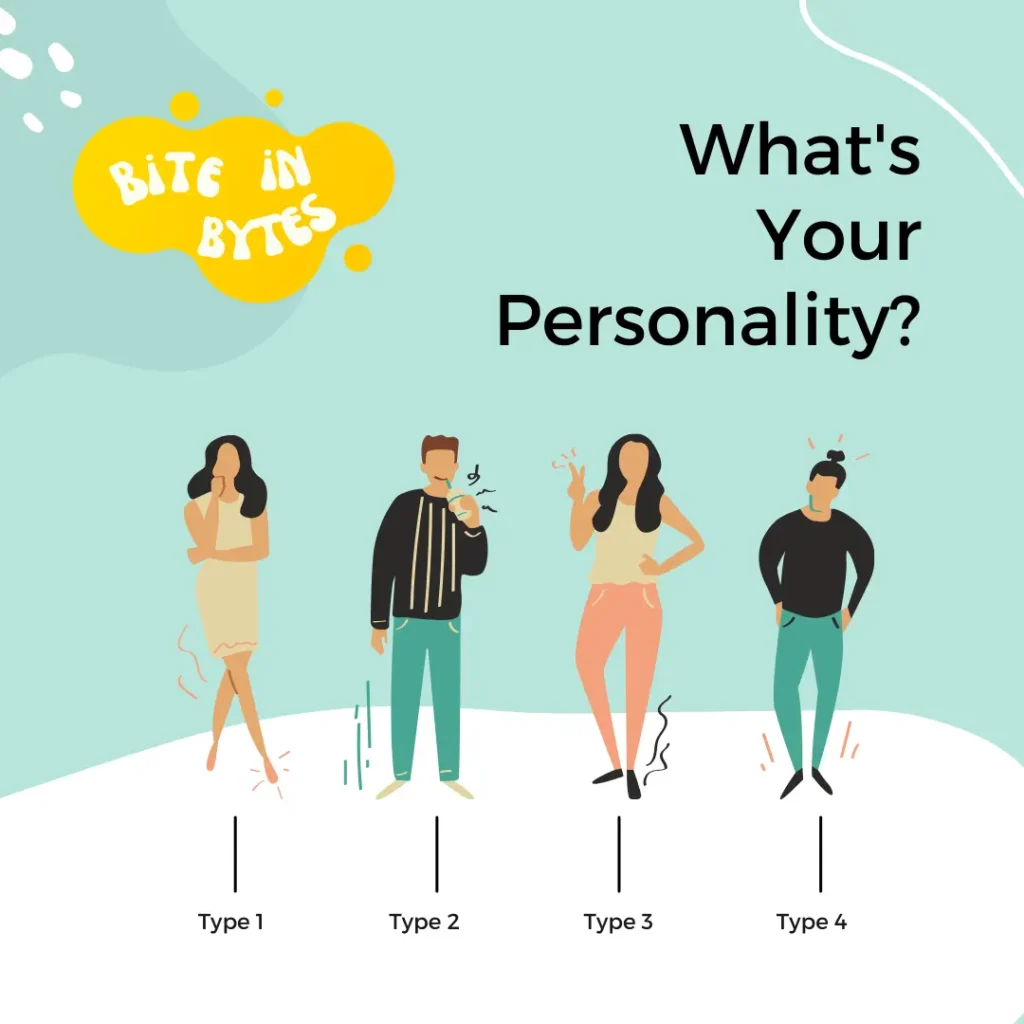Introduction: What is a Personality Test?

A personality test is a structured assessment designed to explore your traits, behaviors, thought patterns, and emotional tendencies. These tests help individuals gain insights into their strengths, weaknesses, and natural preferences. They are widely used in personal development, career planning, and team-building activities.
Whether you’re taking a free online personality test like 16Personalities for self-exploration or a professional assessment like MBTI or Big Five for workplace development, these tools provide valuable information about how you interact with the world. Understanding your personality can guide decision-making, improve relationships, and enhance professional growth.
Why Personality Tests Matter
Personality tests are more than just quizzes; they are tools for meaningful self-discovery and strategic planning. Here’s why they matter:
- Increase Self-Awareness: Knowing your personality type helps you understand your emotional responses, communication style, and problem-solving approach.
- Career Guidance: Career personality tests can highlight roles that align with your strengths, values, and work habits, making it easier to choose a satisfying career path.
- Teamwork and Communication: By understanding different personality types, you can adapt your approach to collaborate more effectively with colleagues, classmates, or team members.
- Personal Growth: Personality tests can reveal areas for improvement, encouraging self-reflection and goal-setting.
In organizations, personality assessments are often part of hiring processes, leadership development, and employee engagement programs. In educational settings, they can help students choose majors, understand learning styles, and enhance social interactions.
Top Personality Test Options
1. Myers-Briggs Type Indicator (MBTI)
MBTI classifies individuals into 16 personality types based on four dimensions: Introversion vs. Extraversion, Sensing vs. Intuition, Thinking vs. Feeling, and Judging vs. Perceiving.
Pros:
- Widely recognized and respected in corporate and educational settings
- Offers insights into career choices, relationships, and communication styles
Cons:
- Critics argue about its scientific validity and consistency
- Results may vary over time or depending on mood
2. DISC Assessment
The DISC model focuses on four traits: Dominance, Influence, Steadiness, and Conscientiousness. It is especially useful in the workplace for team building, leadership, and conflict resolution.
Pros:
- Practical for improving workplace communication
- Helps understand team dynamics and leadership styles
Cons:
- Less focus on internal motivations and emotional patterns compared to MBTI
3. Big Five Personality Test (OCEAN Model)
The Big Five measures Openness, Conscientiousness, Extraversion, Agreeableness, and Neuroticism. It is widely respected in psychology and research for its accuracy and reliability.
Pros:
- Scientifically validated and research-backed
- Useful for both personal and professional development
Cons:
- Less visually engaging and interactive than online quizzes
- Reports may feel more academic than practical for casual users
4. Enneagram Test
The Enneagram identifies nine personality types, focusing on motivations, fears, and emotional patterns. It is popular for personal growth, self-awareness, and spiritual development.
Pros:
- Provides deep insight into emotional patterns and core fears
- Encourages personal growth and reflection
Cons:
- Can feel abstract or complex for beginners
- Less structured for workplace applications
5. 16Personalities (Free Online Solution)
16Personalities is a free, interactive online test inspired by MBTI. It classifies users into 16 personality types and provides detailed reports on strengths, weaknesses, relationships, and career paths.
Pros:
- Completely free and user-friendly
- Offers visually appealing and detailed personality profiles
- Provides actionable advice for career and personal development
Cons:
- Based on MBTI principles, so some scientific limitations exist
6. Other Free Online Tests
Various other online personality quizzes can provide quick insights. While entertaining, they may lack research-based validity.
Pros:
- Easy to access and quick to complete
- Useful for casual self-reflection
Cons:
- Reliability varies widely
- May not provide in-depth analysis for professional purposes
How to Choose the Best Personality Test
Choosing the right personality test depends on your goals and context. Consider the following:
Identify Your Purpose
- Career guidance: MBTI, DISC, or Big Five are ideal
- Personal growth: Enneagram and 16Personalities
- Teamwork and leadership: DISC and Big Five are popular in workplaces
Check Validity and Reliability
For professional or research purposes, ensure the test is scientifically validated. Free quizzes can be fun but may not be precise.
Evaluate Ease of Use
Some assessments are lengthy and detailed, while others are quick and interactive. Beginners may prefer shorter online tests like 16Personalities.
Consider Cost and Accessibility
Free tests offer accessibility for beginners. Paid assessments often provide deeper analysis, personalized reports, and professional interpretation.
Tips for Using Personality Tests Effectively
- Be Honest: Avoid choosing answers based on what you think is ideal. Authentic responses lead to more accurate insights.
- Cross-Reference Tests: Taking multiple tests can reveal consistent patterns and improve self-understanding.
- Use Results as Guidance: Avoid labeling yourself rigidly. Personality is dynamic, not fixed.
- Retake Occasionally: Personality can evolve with experiences, so revisit tests periodically for updated insights.
- Apply Insights Practically: Use your results to improve communication, choose suitable careers, or manage personal development plans.
Pros and Cons of Personality Tests
Pros:
- Enhance self-awareness
- Provide career guidance
- Improve team dynamics and communication
- Encourage personal growth
Cons:
- Some lack scientific reliability
- Risk of stereotyping or mislabeling
- Can be misused by employers if taken too literally
- Some tests can be time-consuming or costly
Conclusion
A personality test is a valuable tool for self-discovery, career development, and improving interpersonal relationships. While no test captures every nuance of human behavior, choosing the right one—whether it’s 16Personalities, MBTI, or Big Five—can provide actionable insights for personal and professional growth. Start with free options, explore validated assessments for deeper understanding, and remember to interpret results flexibly.
Personality tests are guides, not labels. Use them to gain awareness, make informed choices, and foster continuous growth.
FAQ: Personality Test Basics
What is the most accurate personality test?
The Big Five is widely regarded as the most scientifically reliable due to extensive research.
Are free personality tests reliable?
Free options like 16Personalities provide useful insights, but validated tests like Big Five or DISC are more precise.
Can personality change over time?
Yes. Traits can shift with life experiences, personal growth, and environmental changes.
Are personality tests useful for career planning?
Absolutely. They highlight strengths, preferences, and work styles to guide career decisions.
Is 16Personalities a good free option?
Yes. It’s user-friendly, visually engaging, and provides detailed reports for self-exploration and career guidance.

[…] My Career: How Learning a Language can Skyrocket Your Success Personality Test: A Complete Guide to Understanding Yourself Introduction: Why Data Privacy Matters More Than […]
[…] A1 A2 English: Free Roadmap to Start Learning Fast Boost My Career: How Learning a Language can Skyrocket Your Success Personality Test: A Complete Guide to Understanding Yourself […]